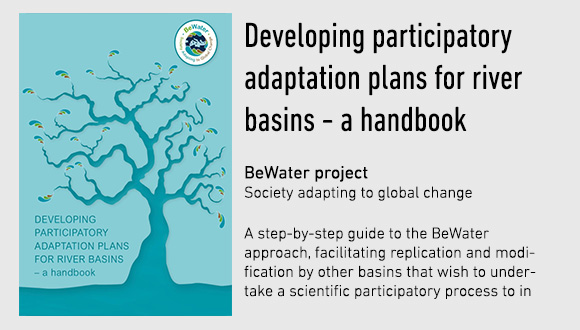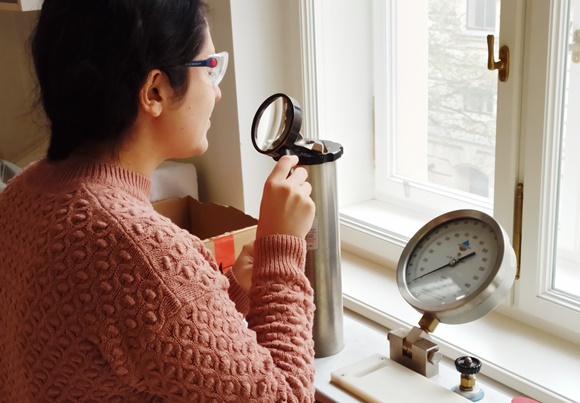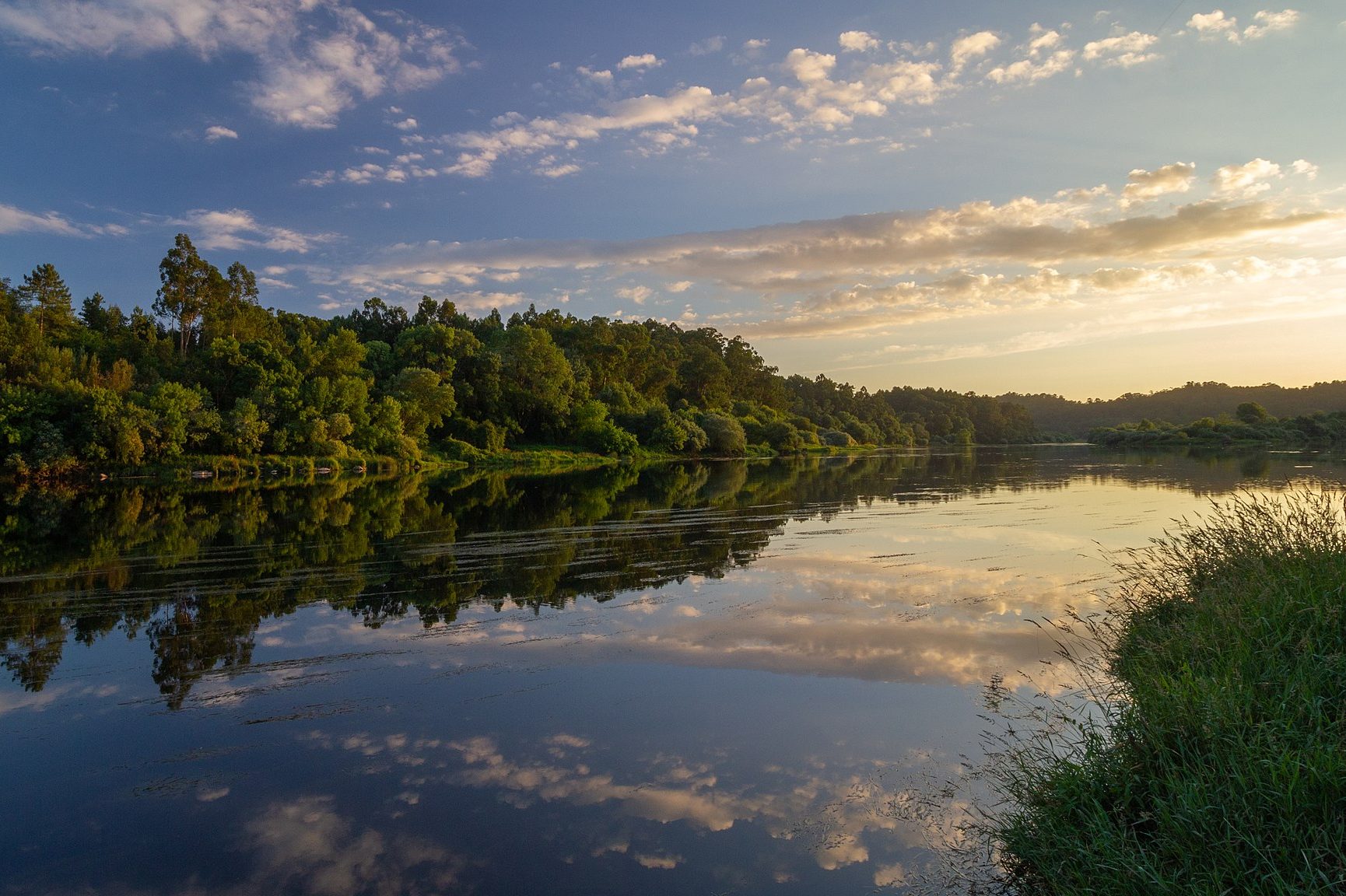The manual, in which the CREAF researchers Anabel Sánchez and Annelies Broekman have participated, summarizes the stages of the BeWater project and the lessons learned in the creation of adaptation plans between scientists and local society.

Once the project is completed, BeWater members have published the book Developing Participatory Adaptation Plans for River Basins. In it they collect, through their own experience, which are the steps that can be followed to create an adaptation plan for river basins against the global change. The main objective: get everyone’s participation, from citizens of the region to the people in charge of the management (who will carry out the proposals).
“The co-production process has been proved to be capable of giving results with a high degree of social acceptance, political relevance and technical interest to address the uncertainties and complex nature of global change,” remarks Anabel Sánchez in the foreword to the guide, translated into English, Catalan, French, Slovenian and Spanish.






